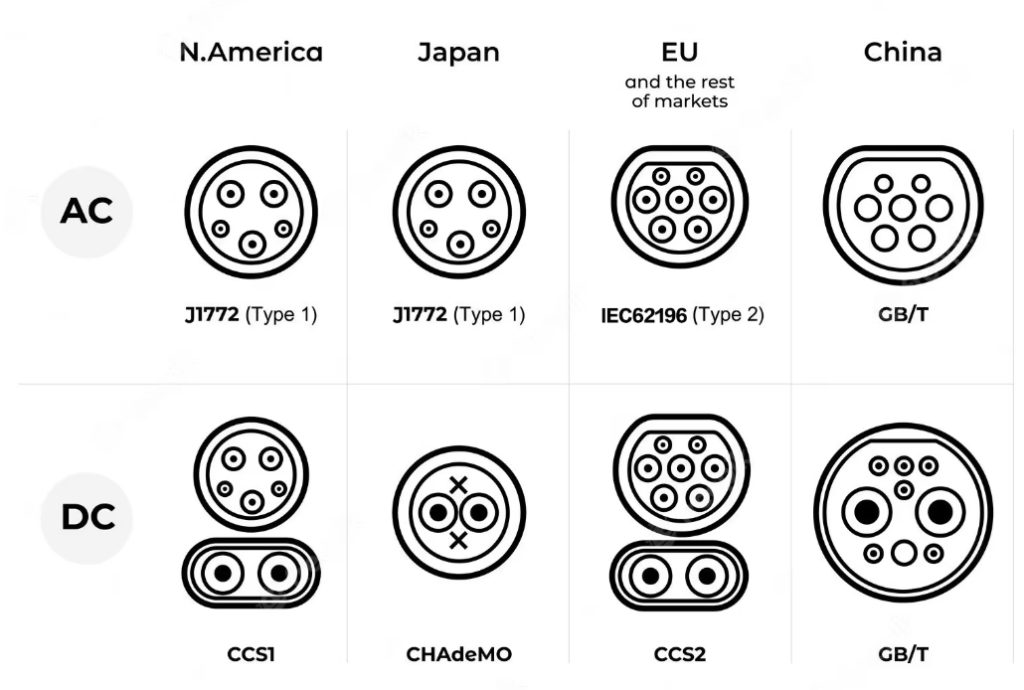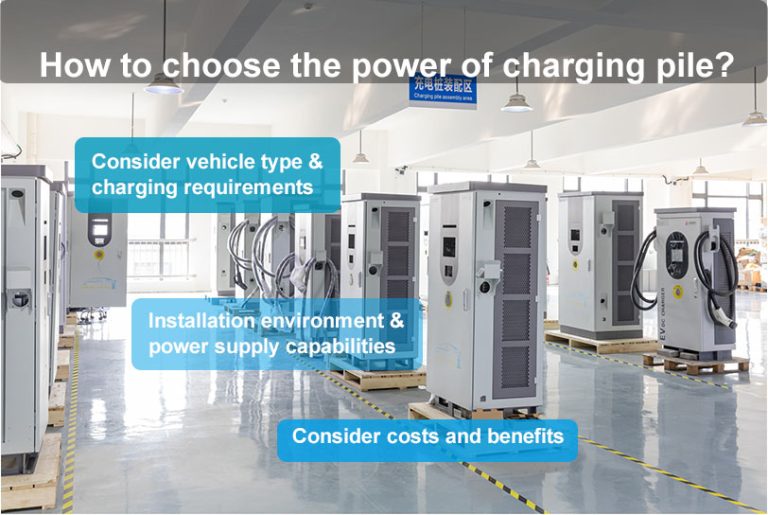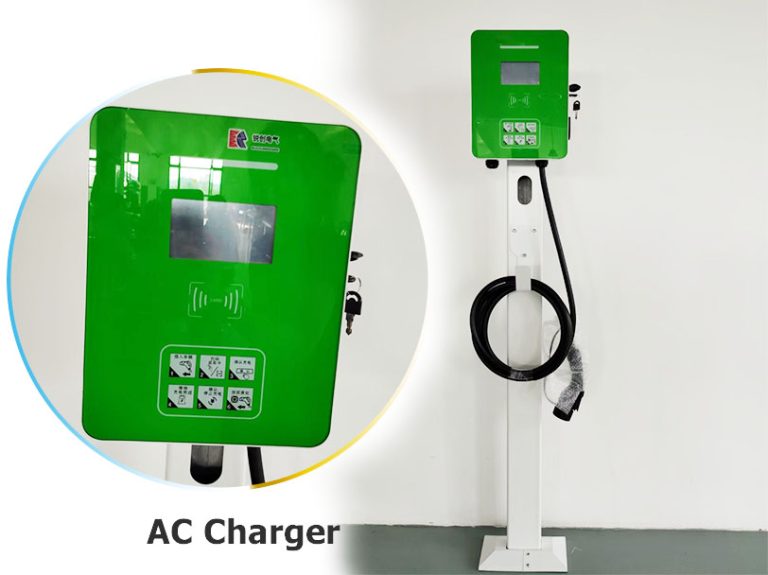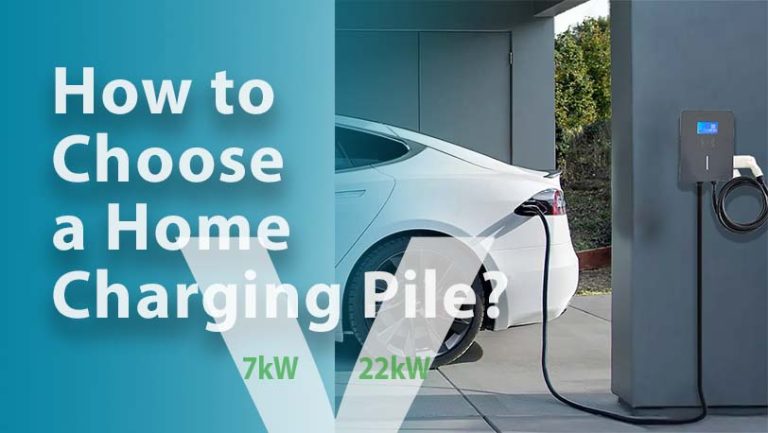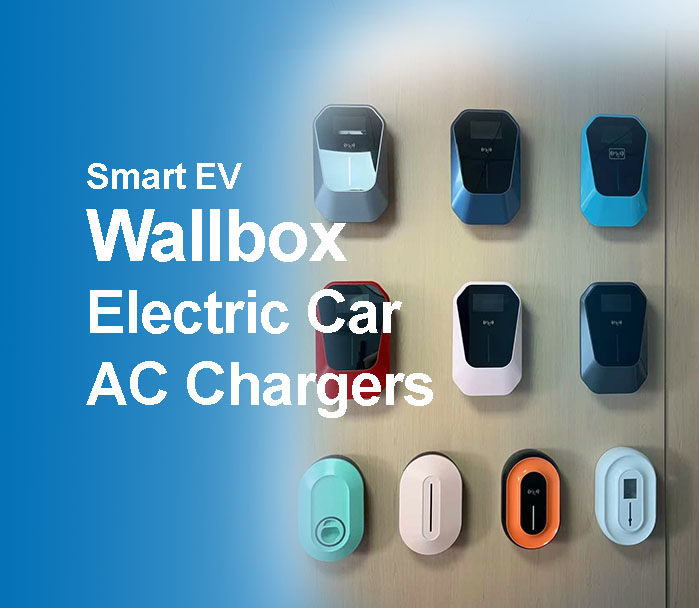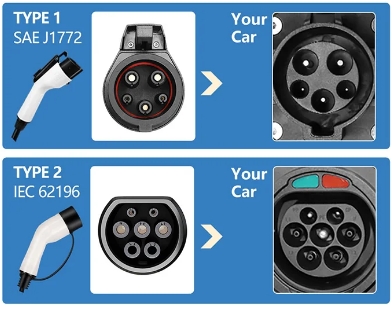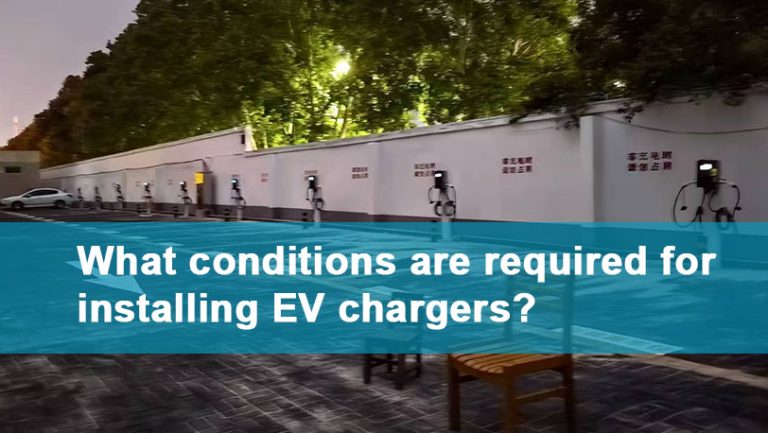Whether you’re considering making the switch to an EV or are already a proud owner, understanding the different types of charging stations and their costs is essential. Here are some common questions about EV chargers:
1. What types of EV charger stations are available?
here are three main types of EV charger stations:
Level 1 Chargers: These use a standard 120V outlet and are typically found in homes. They provide about 4-5 miles of range per hour, making them suitable for overnight charging.
Level 2 Chargers: Operating on a 240V outlet, these chargers deliver a faster charging rate of approximately 25-30 miles of range per hour. They can be installed at home or found in public charging locations.
Level 3 Chargers (DC Fast Chargers): These are designed for quick charging and can charge an EV up to 80% in just 30 minutes. You’ll usually find them along highways and in commercial areas, making them perfect for long trips.
2. What is the difference between the different types of EV charger stations?
The main differences lie in their charging speeds and installation requirements:
Level 1: Slowest charging option, ideal for overnight use.
Level 2: Faster, suitable for both home and public use.
Level 3: Fastest option, best for quick charges while traveling.
3. How long does it take to charge an EV?
Charging time varies based on the charger type and the EV model. Generally, it can take anywhere from 30 minutes with a Level 3 charger to several hours with Level 1 or Level 2 chargers.
4. How much does it cost to charge an EV?
Charging costs differ by location, utility company, and the charger type. Some charging stations offer free charging, while others may charge per hour or per kilowatt-hour. It's always a good idea to check local rates before charging.
5. Can I charge my EV at home?
Absolutely! You can install a Level 1 or Level 2 EV charger at home. It's crucial to have a qualified electrician perform the installation to ensure safety and compliance with local electrical codes.
6. What should I consider when installing an EV charger at home?
When installing an EV charger, consider the following:
Location: Choose a convenient spot near where you'll park your vehicle.
Electrical capacity: Ensure your home's electrical system can handle the additional load.
Permits: Check if you need any permits or inspections based on local regulations.
Type of charger: Decide between Level 2 or Level 3 based on your charging needs.
7. What types of charging connectors are used for EVs?
There are several types of charging connectors used for electric vehicles, including:
Type 1 (SAE J1772): Common in North America for Level 1 and Level 2 charging. This connector is typically found in most non-Tesla EVs.
Type 2 (Mennekes): Widely used in Europe for AC charging. It supports both single-phase and three-phase charging.
CCS (Combined Charging System): An extension of the Type 1 and Type 2 connectors that includes two additional pins for DC fast charging. This is increasingly becoming the standard for many EVs.
CHAdeMO: A DC fast-charging connector primarily used by certain Japanese manufacturers like Nissan and Mitsubishi.
